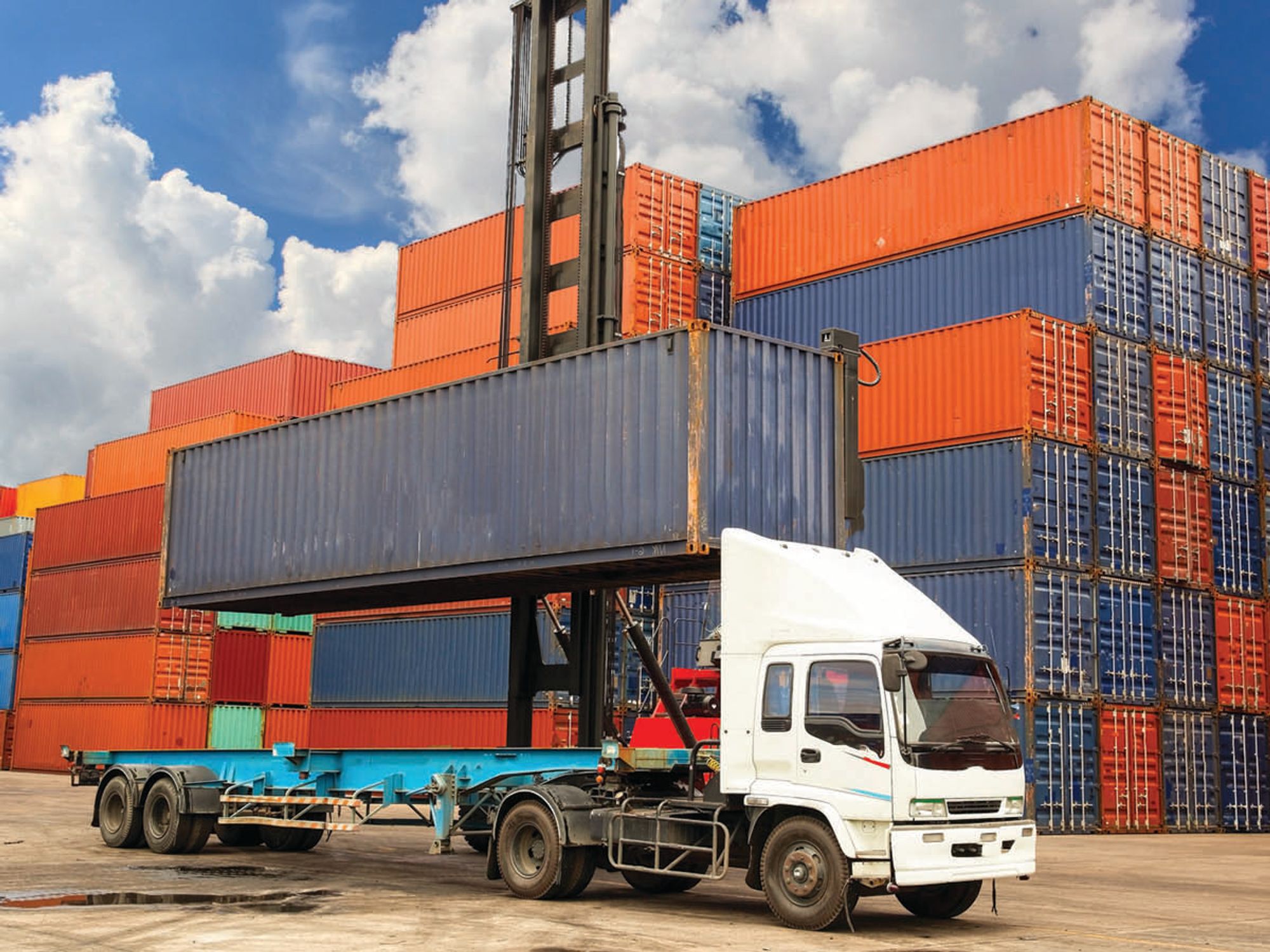Inherently unstable dangerous goods under IMDG

- Inherently unstable dangerous goods are those that may be prone to explosion, polymerization, or emission of flammable or toxic gases. Special handling measures must be followed for transport.
Inherent instability in goods may take different dangerous forms, including:
- Explosion,
- Polymerization with intense evolution of heat, or
- Emission of flammable, toxic, corrosive, or asphyxiant gases.
Because of this potential for instability, the Dangerous Goods List prohibits certain dangerous goods, or dangerous goods in a specific form, concentration, or state, from transport by sea. These prohibited goods are not suitable for transport by sea under normal conditions of transport. In some cases, the inherent instability can be controlled by suitable packaging, dilution, stabilization, addition of an inhibitor, temperature control, or other measures to make transport by sea possible.
Precautionary measures required
If precautionary measures are shown in the Dangerous Goods List for a dangerous good (for example, that it must be stabilized or diluted), that dangerous good may not be transported without taking those measures. Exceptions to this may exist if the item in question is listed elsewhere (such as in class 1) without any indication of precautionary measures, or with different measures indicated.
Polymerization and dangerous reactions
Certain substances can polymerize or otherwise react in a dangerous manner under certain conditions of temperature or in contact with a catalyst. To mitigate this tendency:
- Special transport conditions may be required, or
- Chemical inhibitors or stabilizers can be added to the product.
Unless these products are sufficiently stabilized to prevent any dangerous reaction during the voyage, transport of the products is prohibited.
